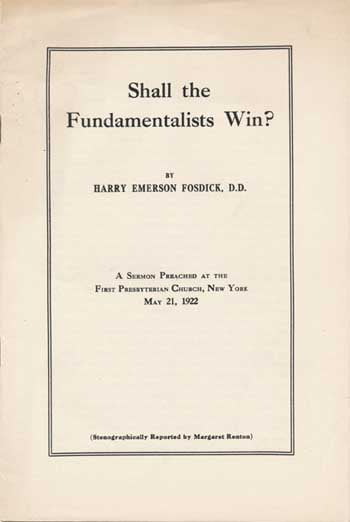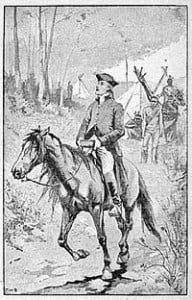“Set a watch, O Lord, before my mouth; keep the door of my lips.” — Psalm 141:3. [KJV]
One of the jewels of 19th-century Presbyterian literature that seems to have been overlooked by many is the little set titled Presbyterian Tracts. These volumes were compiled beginning around 1840 and continued to be published into the 1860’s. There were ultimately at least 13 and perhaps 15 volumes. The PCA Historical Center has volumes 1 through 11 preserved as part of its research library. An author-title index has just been posted, here.
Among those many “tracts” [some were fairly lengthy treatments, particularly in the first several volumes], the seventh volume contains a 28 page treatise on “The Sins of the Tongue” by William Swan Plumer. In concluding that tract, Plumer offers these seven guidelines or resolutions for keeping the tongue:
1. I will steadily keep in view my latter end, and remember that soon I must stand before my Judge. I would not live a day or an hour in forgetfulness of the truth that all my thoughts, words, and deeds are to undergo the scrutiny of Him, who is so holy as to hate all sin, and so great as to know all things, and so just as never to clear the guilty.
2. I will endeavour often to ask myself, How would Jesus Christ speak were he in my circumstances? He has left me an example that I should follow his steps. His life is the law of God put in practice. If I walk in his steps I shall not err.
3. I will rely more and more on the grace of the Lord Jesus Christ to preserve me from sins of the tongue. I have too much relied on the strength of my own virtue and perseverance, and so I have failed. “O Lord, undertake for me.”
4. I will constantly strive to have a deep sense of the importance of making a right use of my tongue. I will endeavour to avoid levity of mind, and so escape levity of speech and behaviour. By God’s grace I will be serious.
5. I will often call myself to an account for my words during the day, and when I have erred, I will not spare myself from these severe, yet salutary answers, which my sins deserve. I will not justify, excuse, or extenuate the sins of my lips.
6. I will labour to have my mind stored with valuable information and reflections, that I may not be tempted to deal in gossip, and scandal, and idle news, and that my words may be instructive to those with whom I mingle.
7. I will endeavour to be more impressed with a sense of the amazing grace and mercy of God to me a sinner, in bidding me hope for his favour, notwithstanding all my offences. Thus I shall have alacrity and joy in resisting evil and seeking holiness.
8. I will labour to have a proper view, not only of the meanness, mischief and troubles of a loose tongue, but also of its great sinfulness in the sight of God. As an unbridled speech is a wickedness, I would avoid it, even if it brought me no temporal evil.
9. Above all things, I will seek to be thoroughly renewed by the power of the Holy Ghost. If he will make his abode with me, I shall be able to resist all sin, and overcome all evil habits. To change my nature is beyond my power, but not beyond the power of the Sanctifier. My power is but another name for feebleness; his energy is irresistable.



